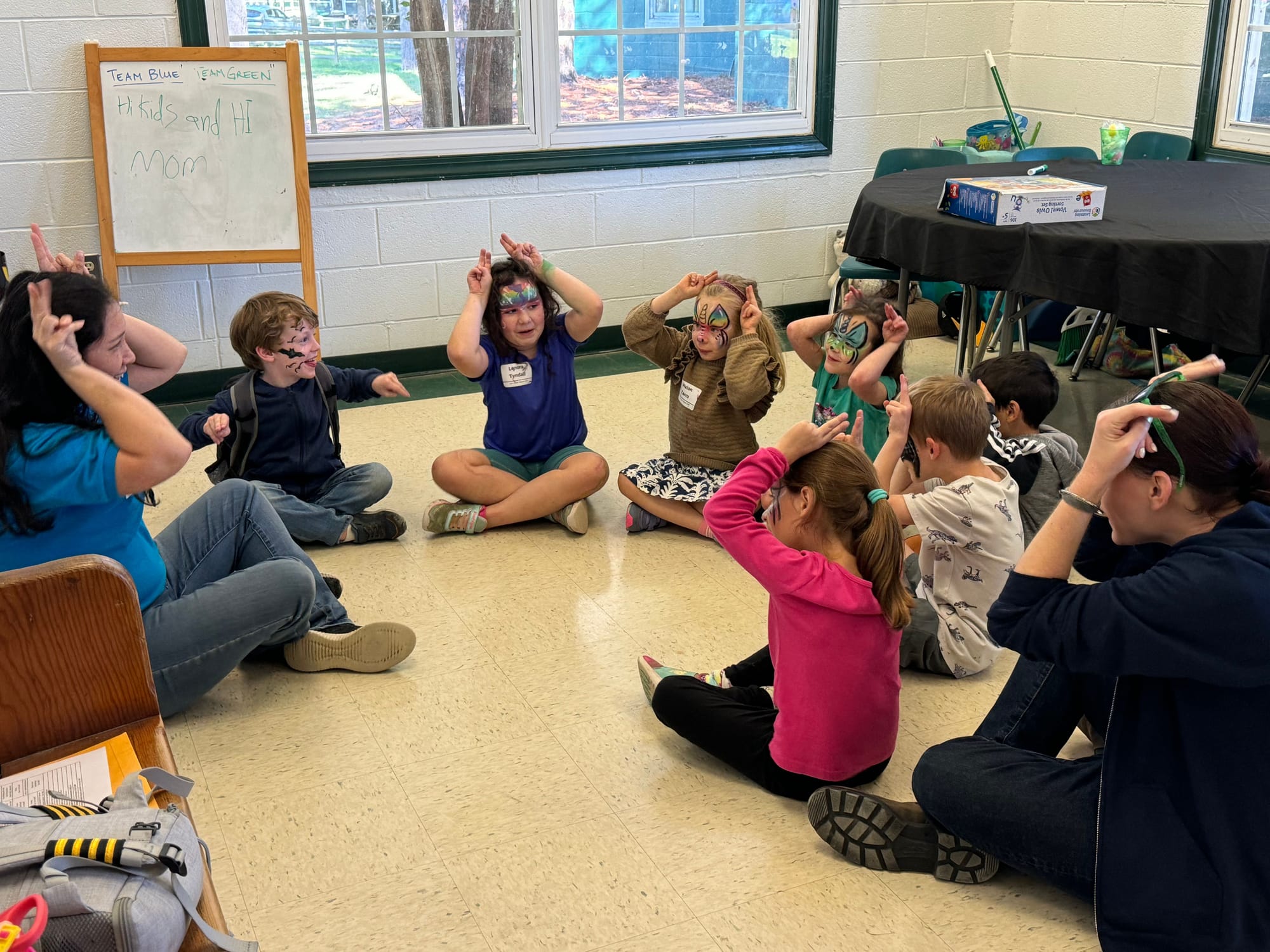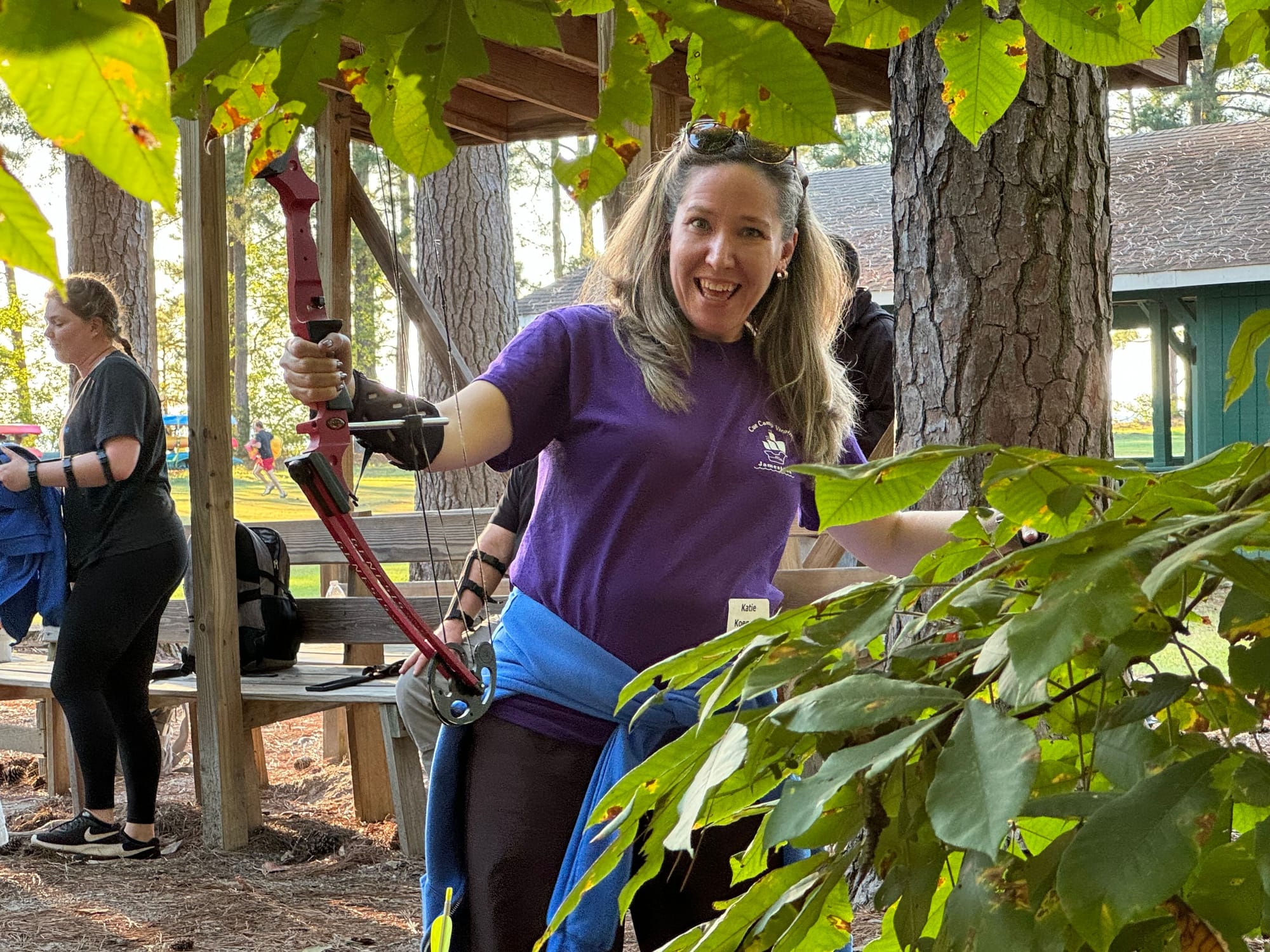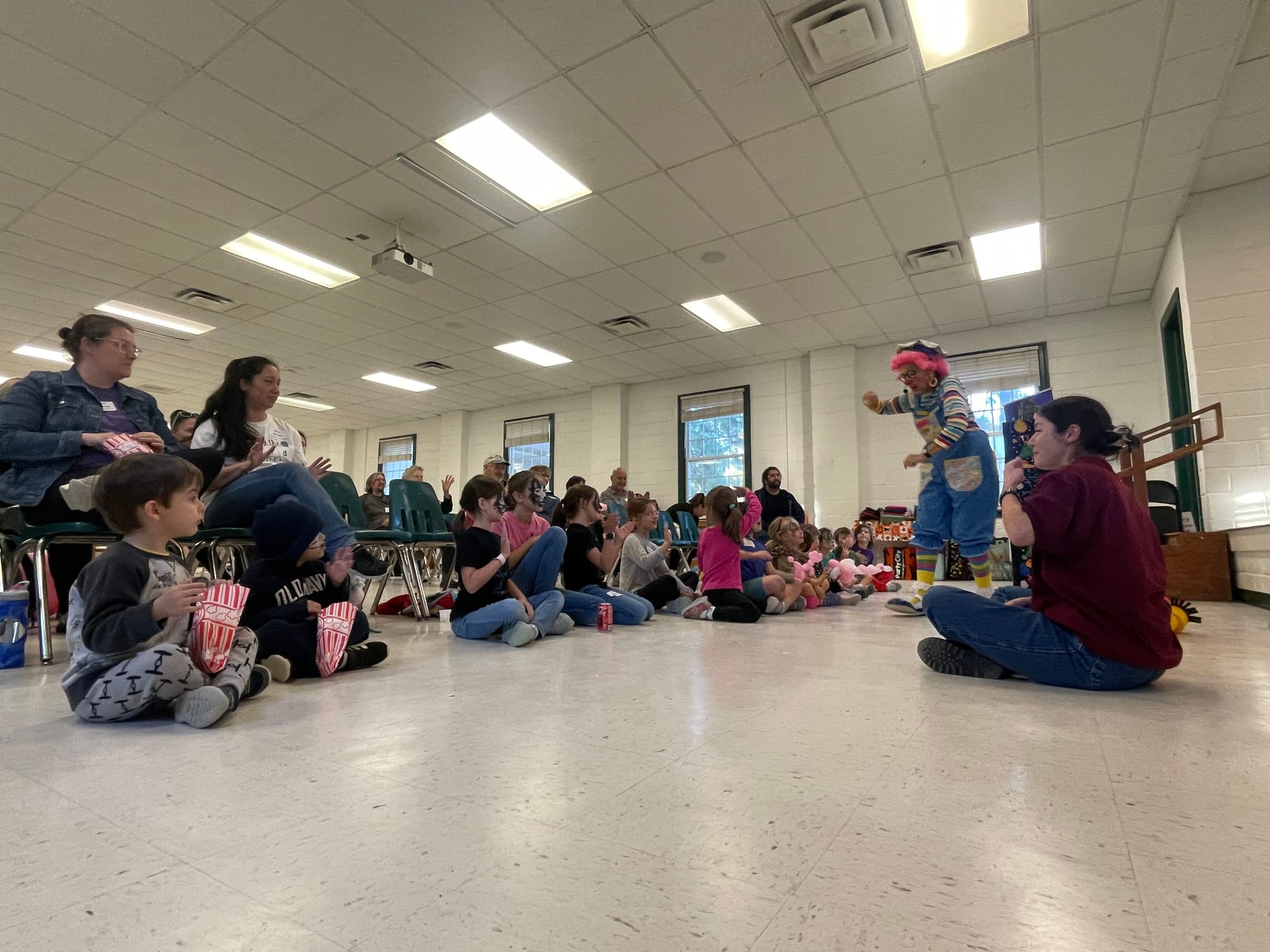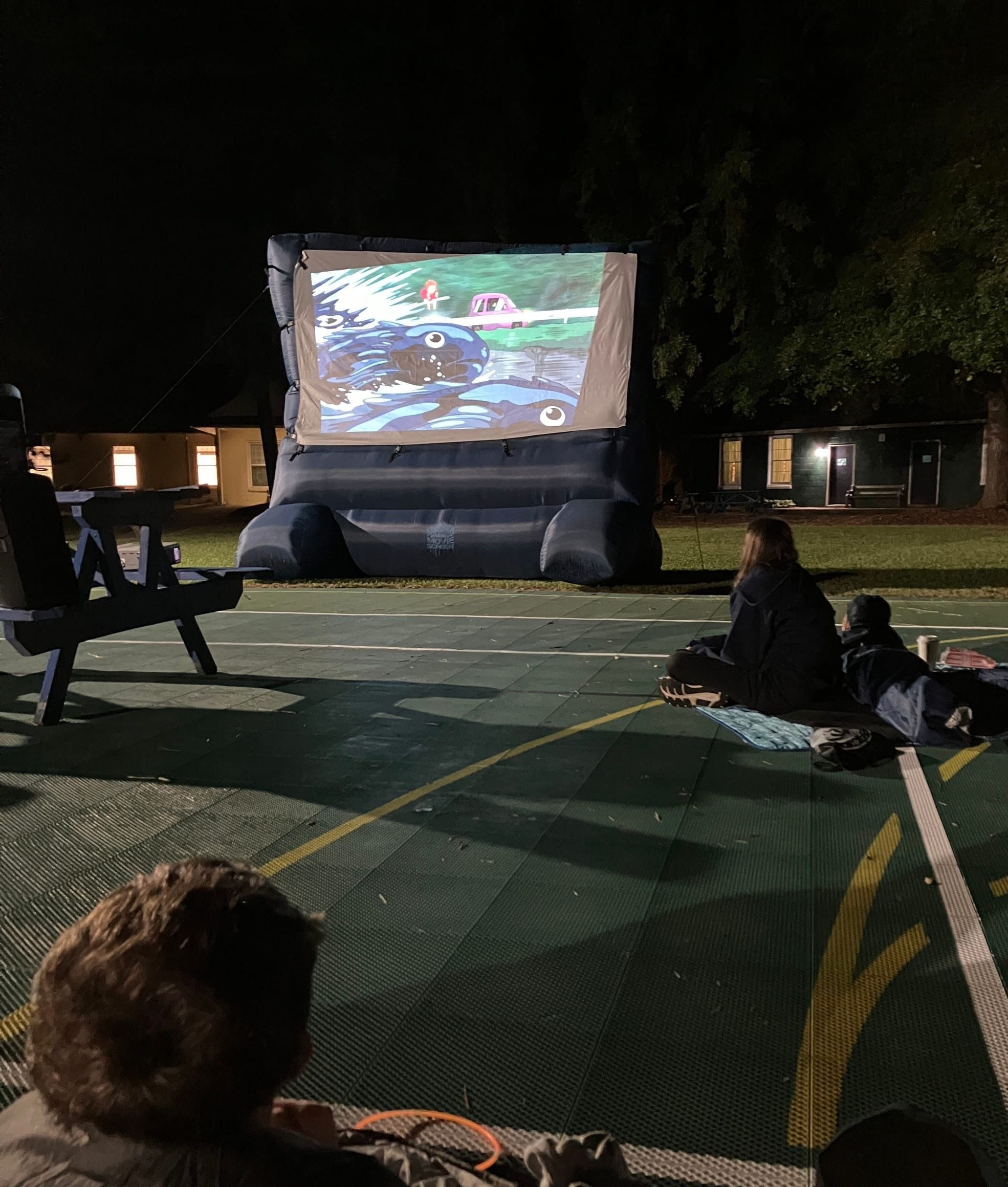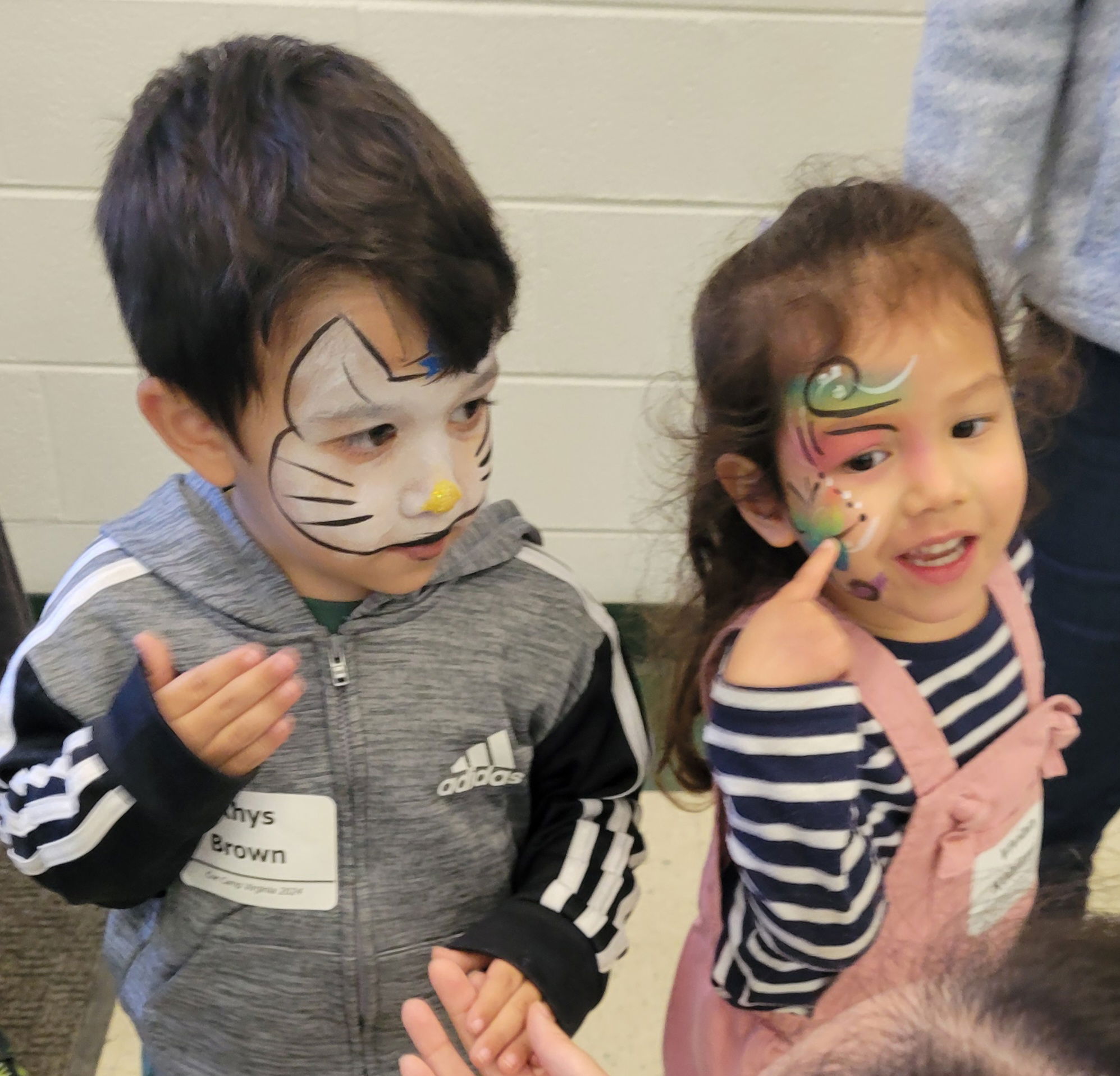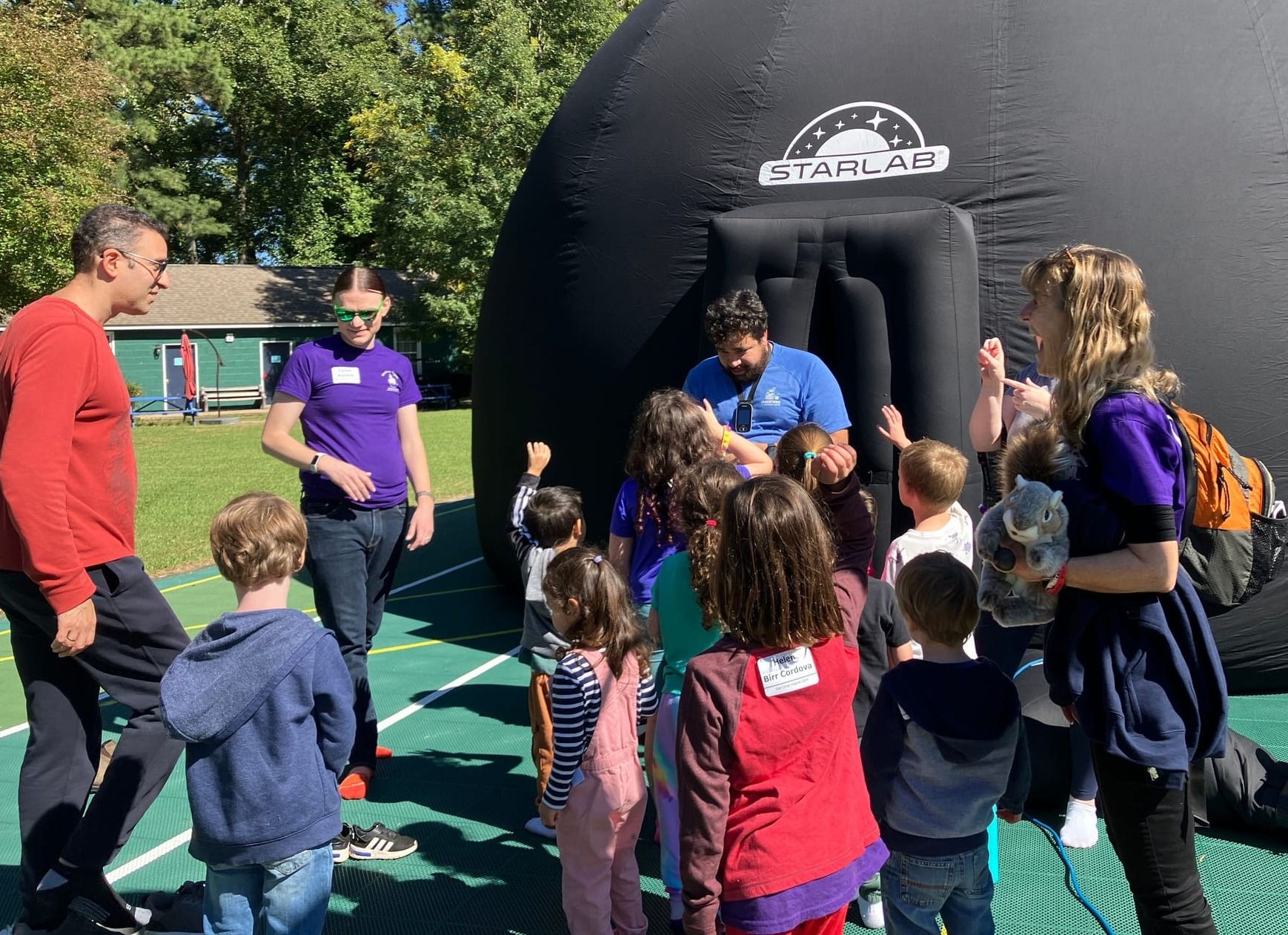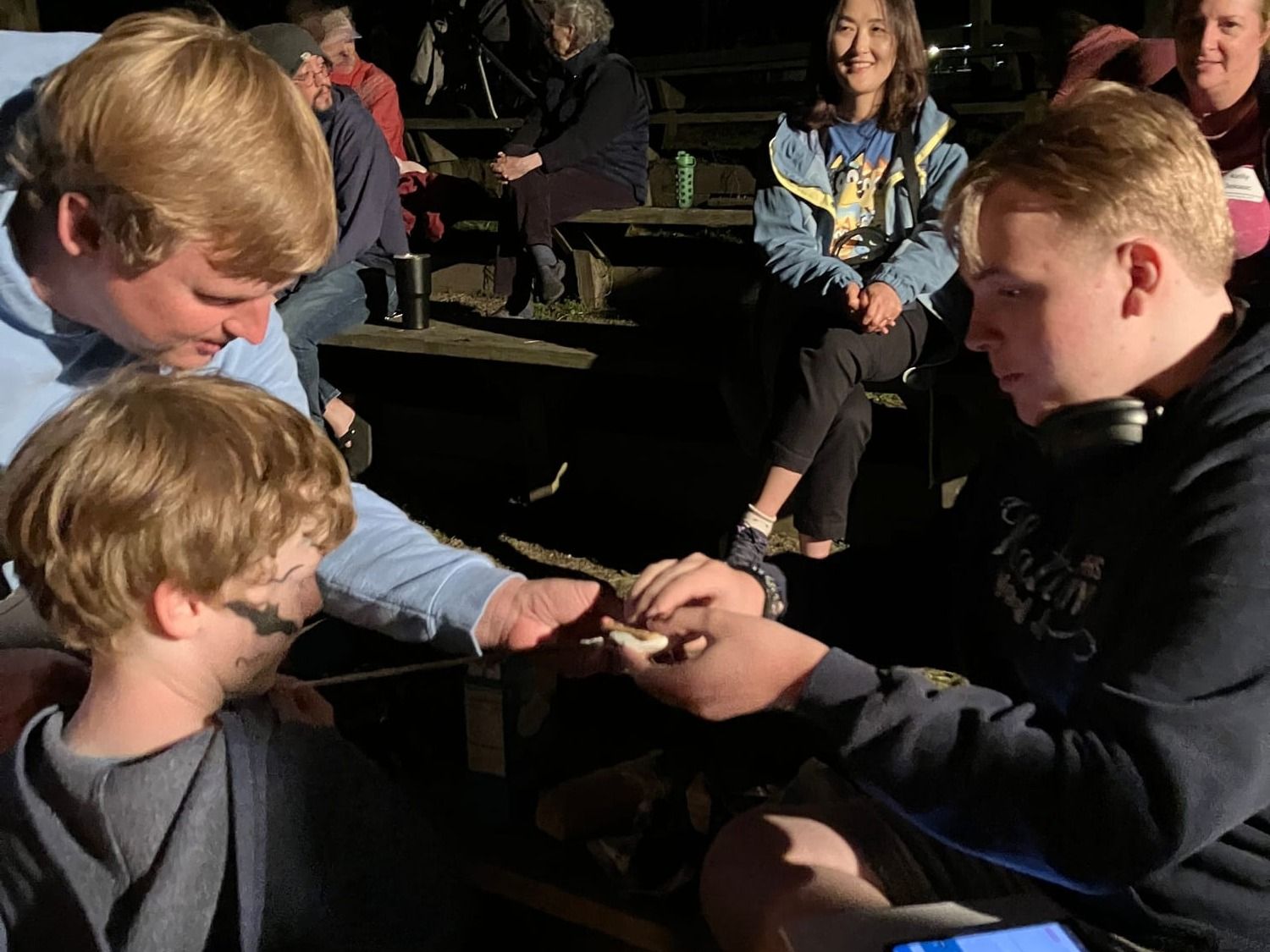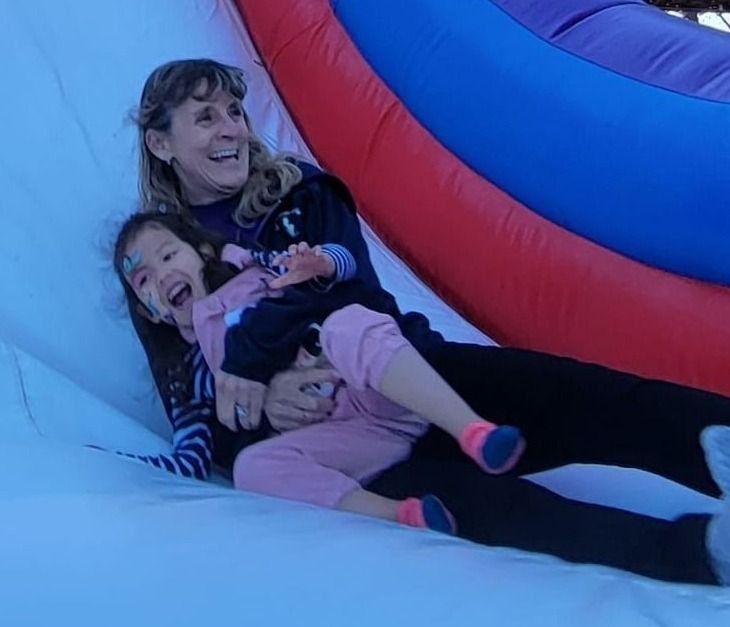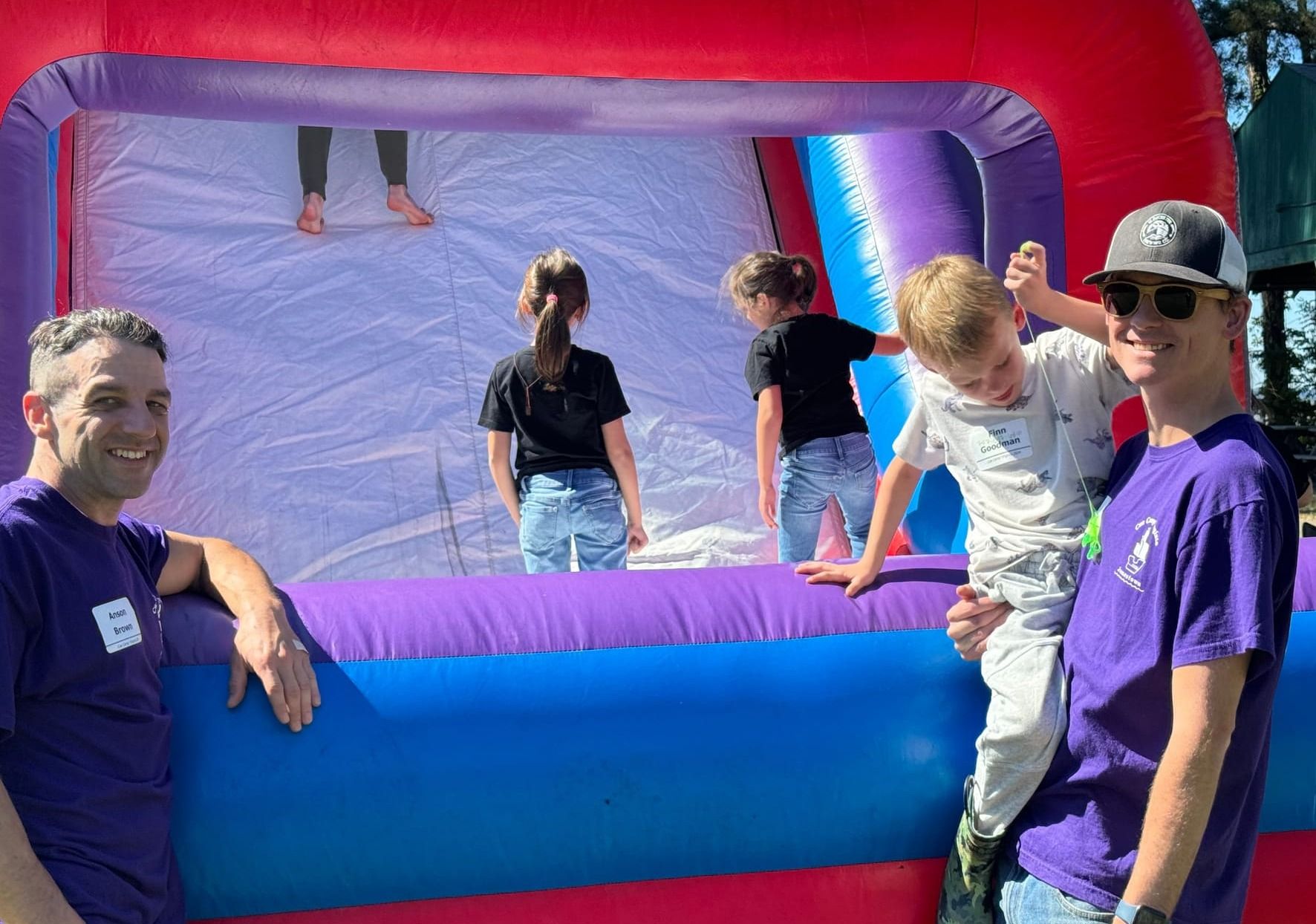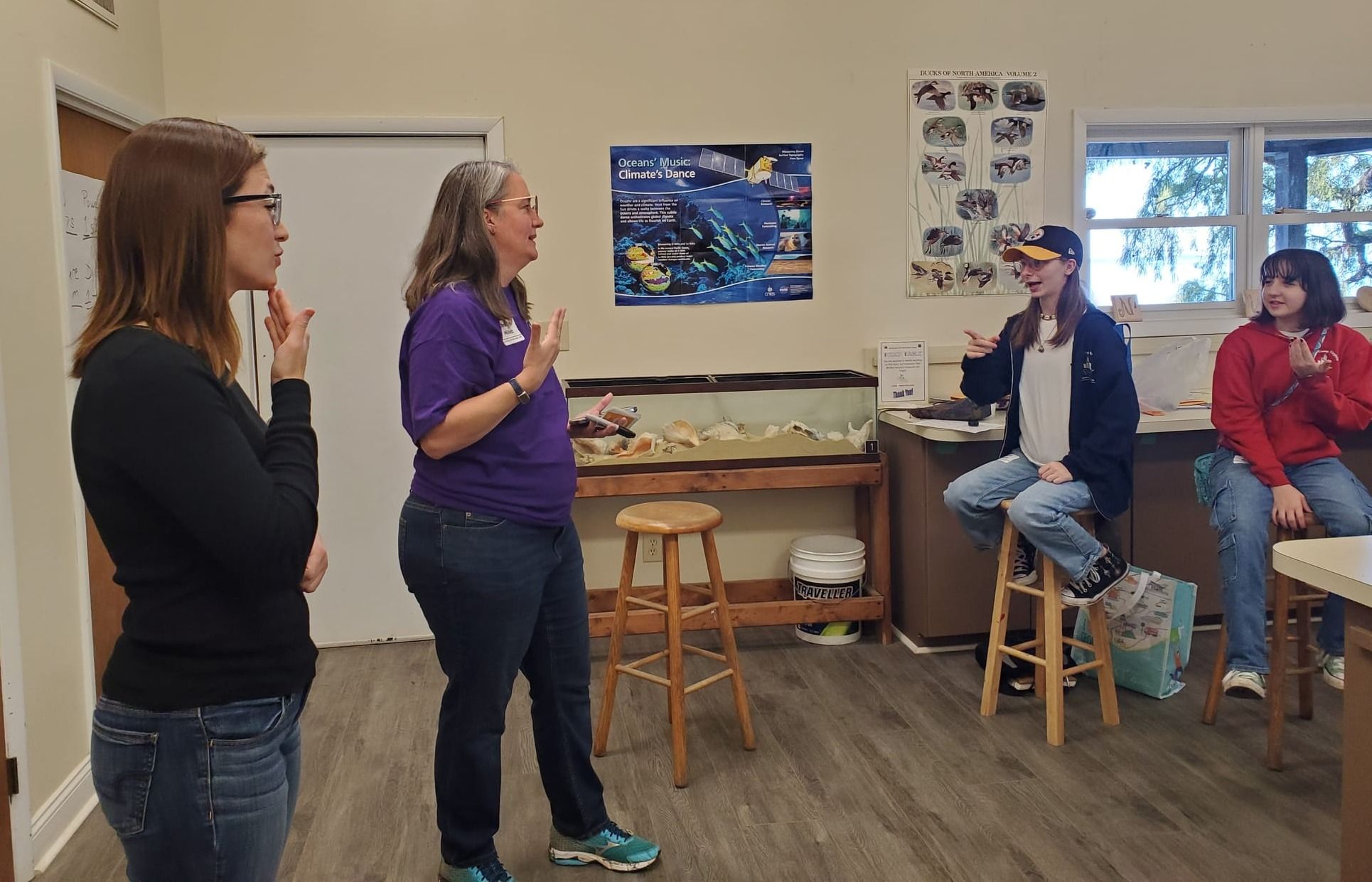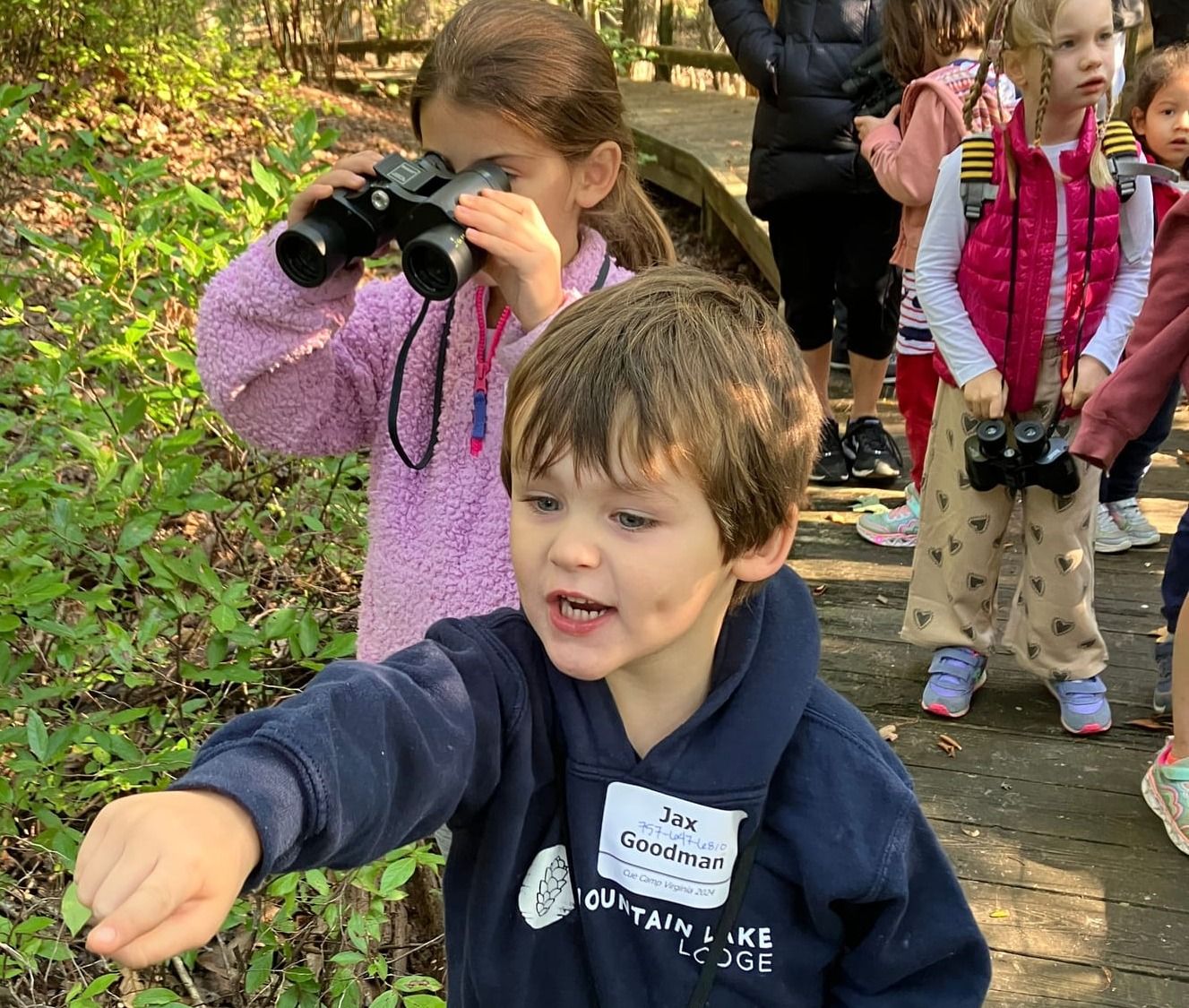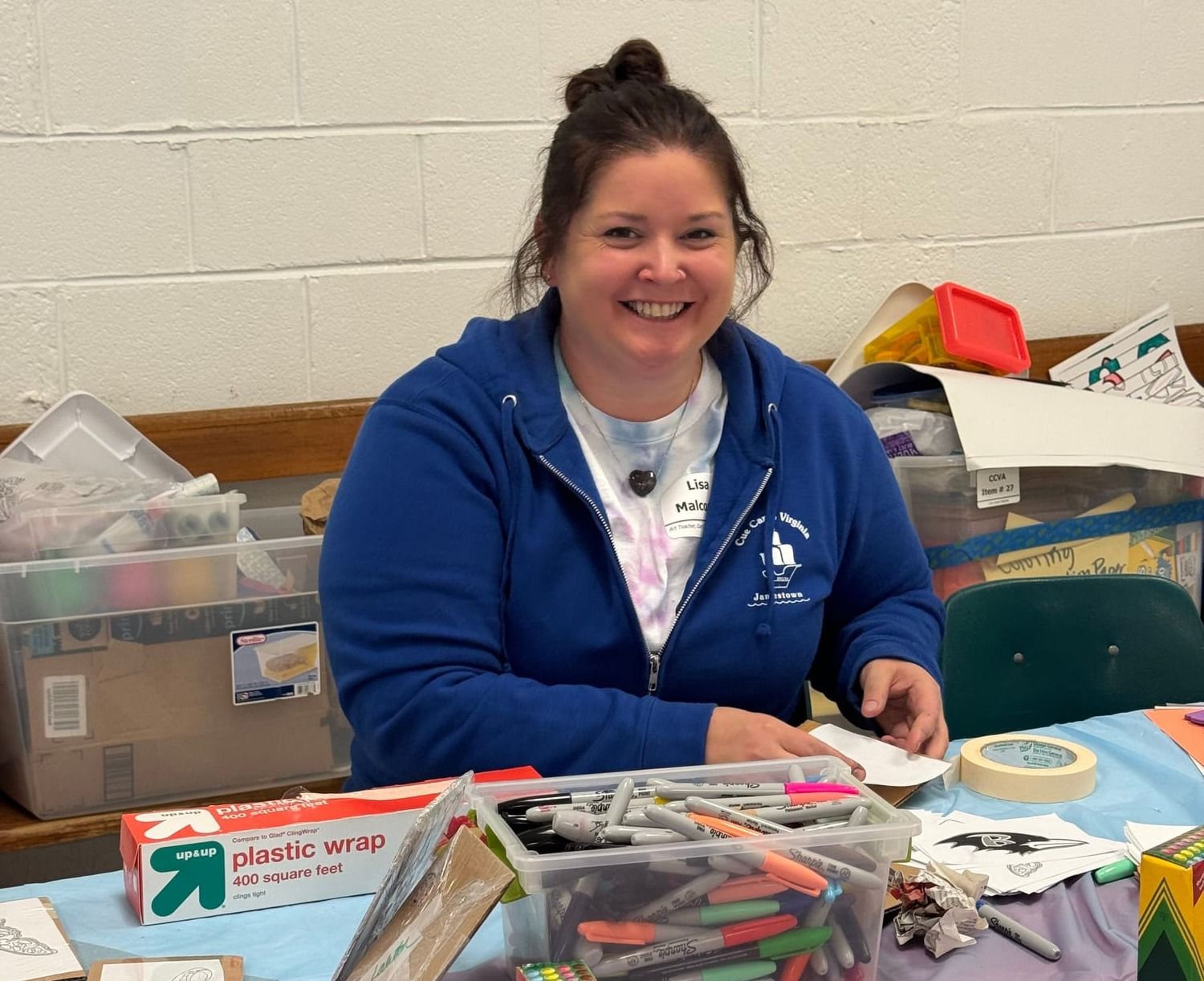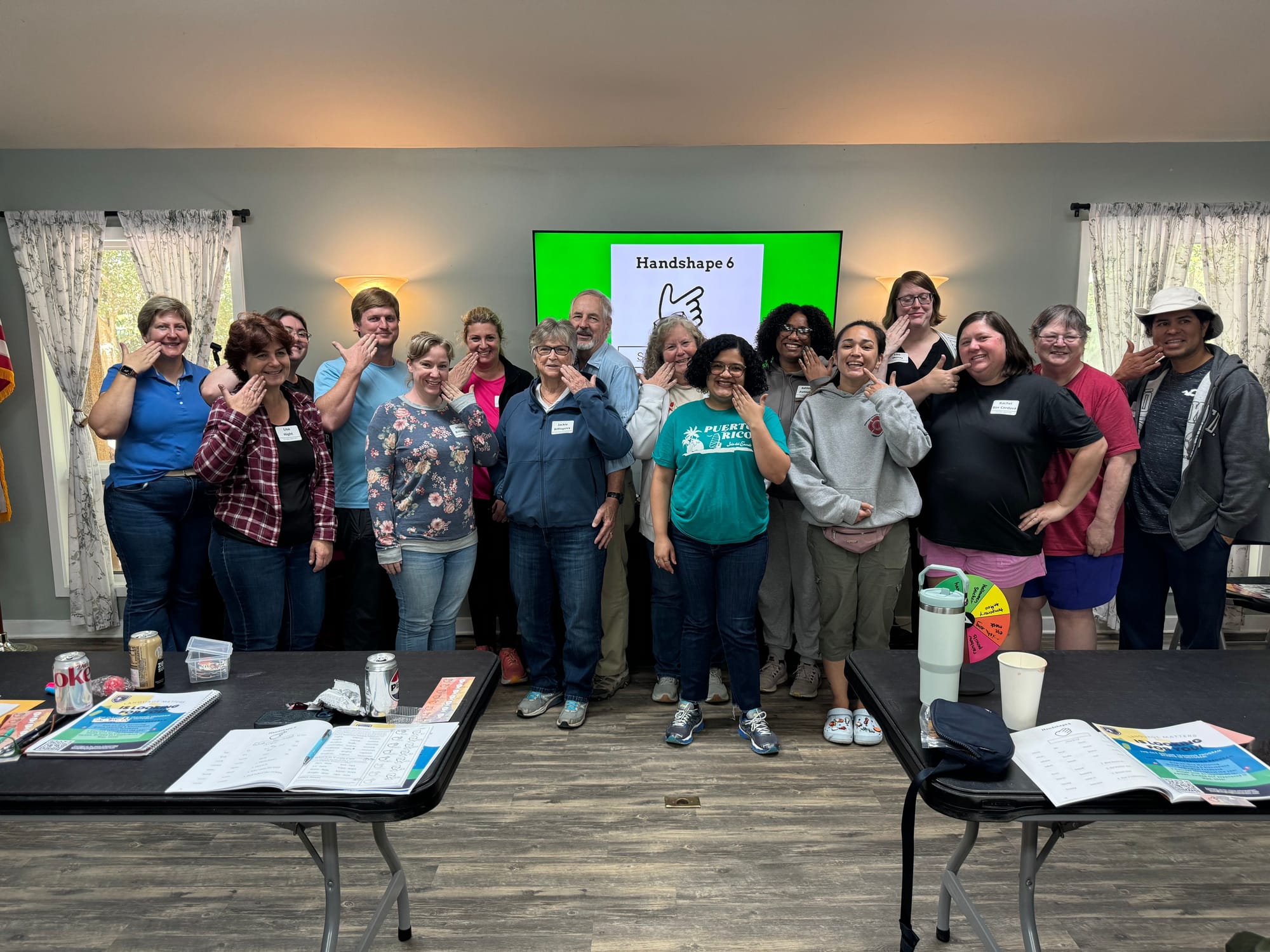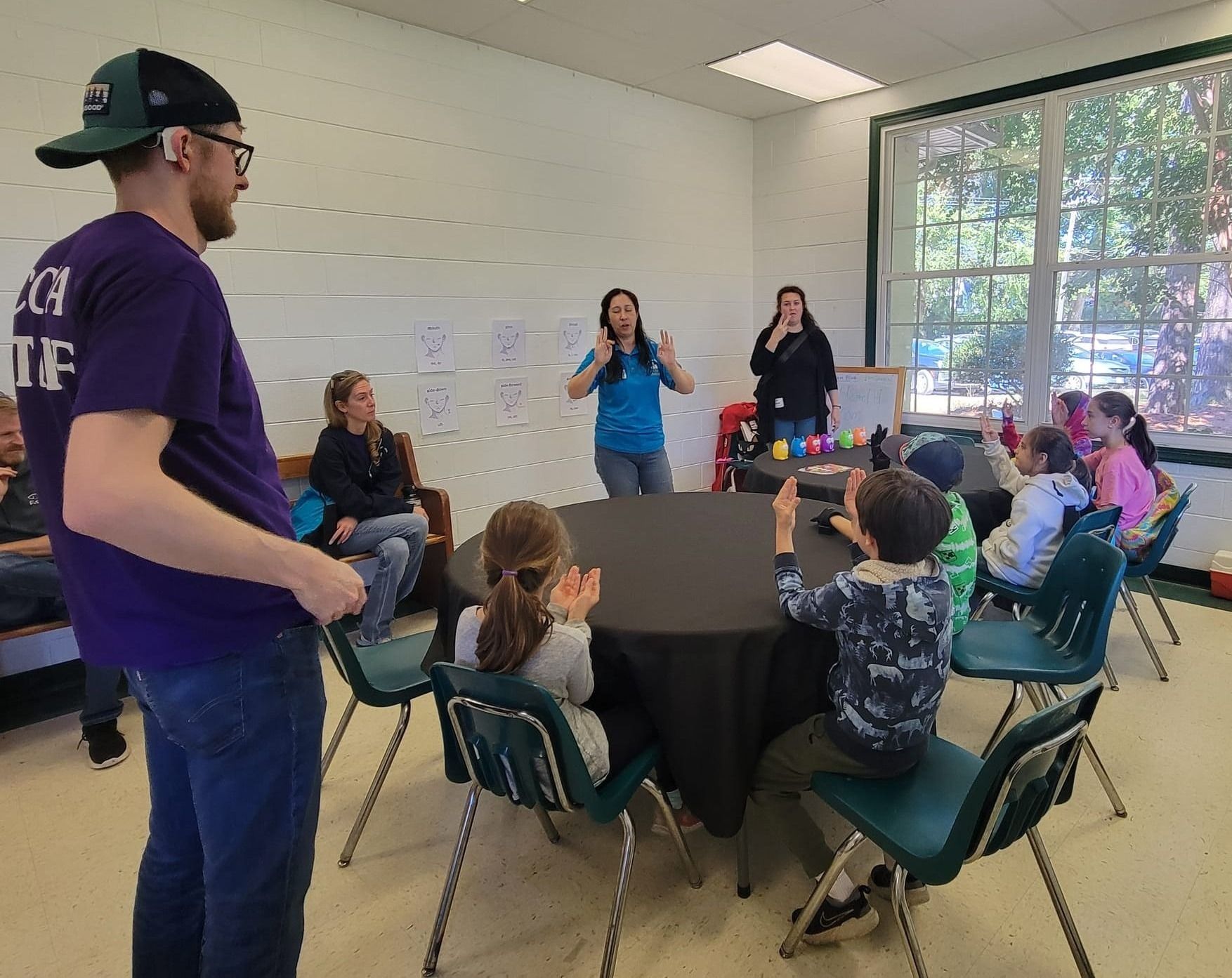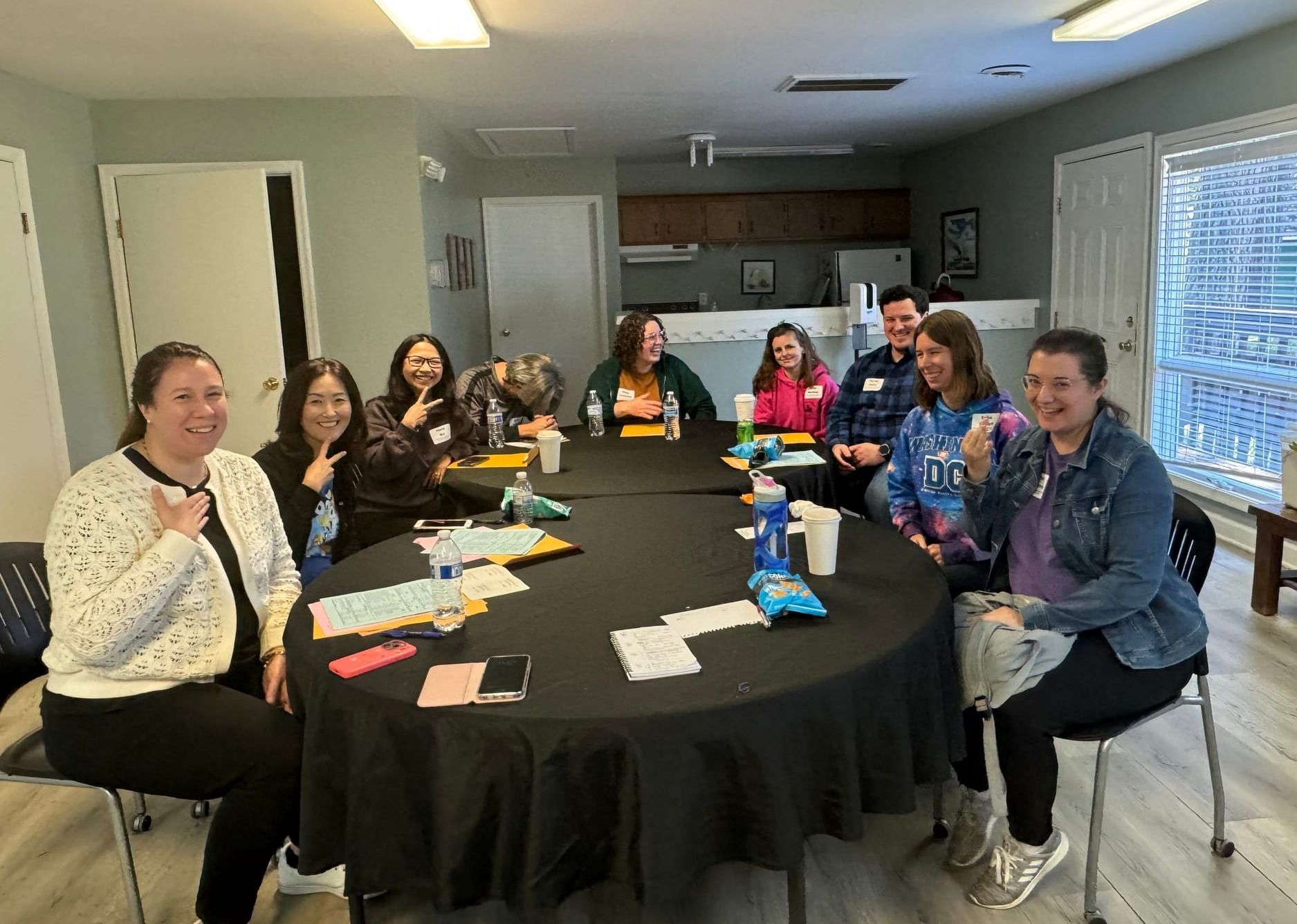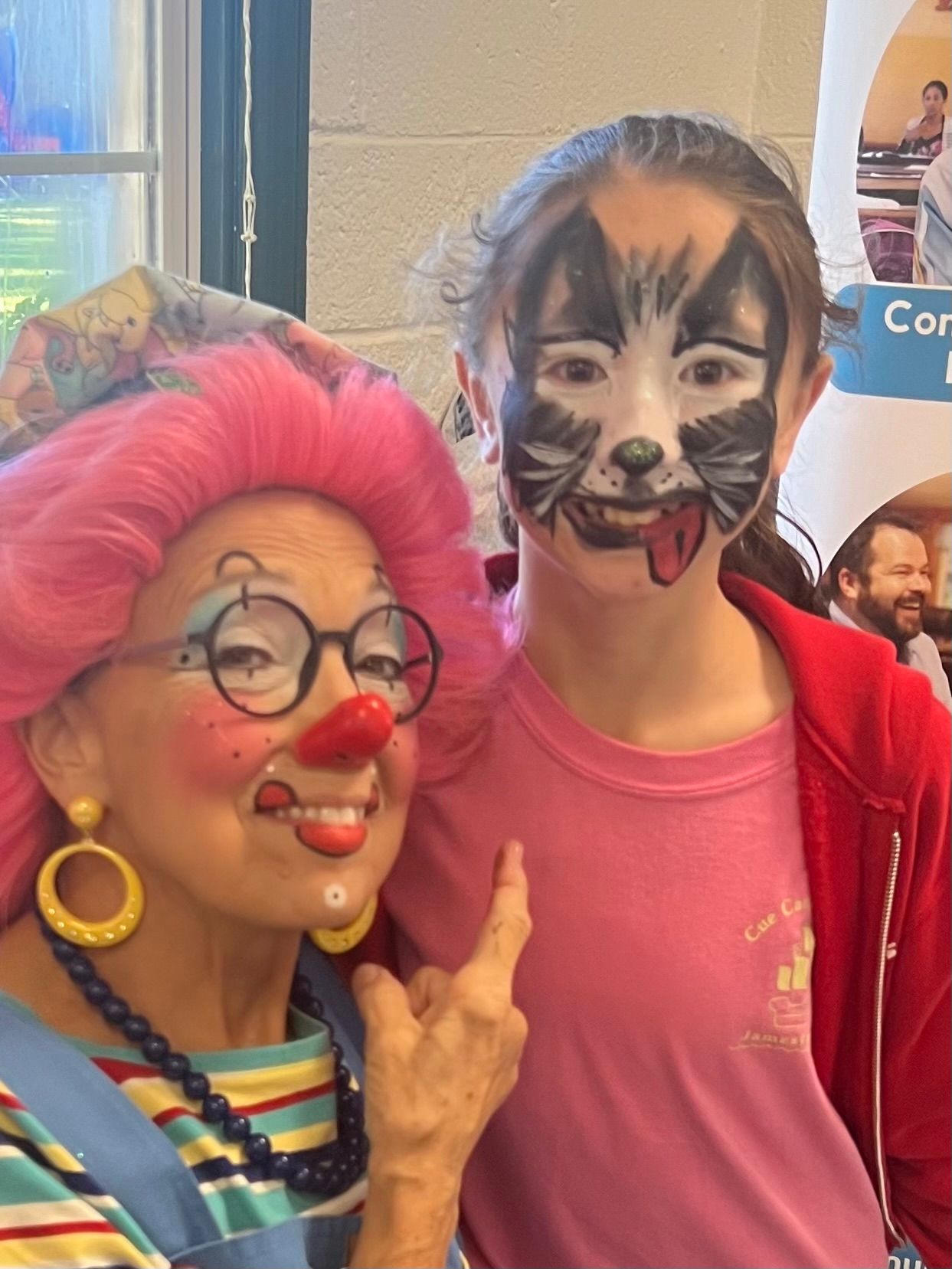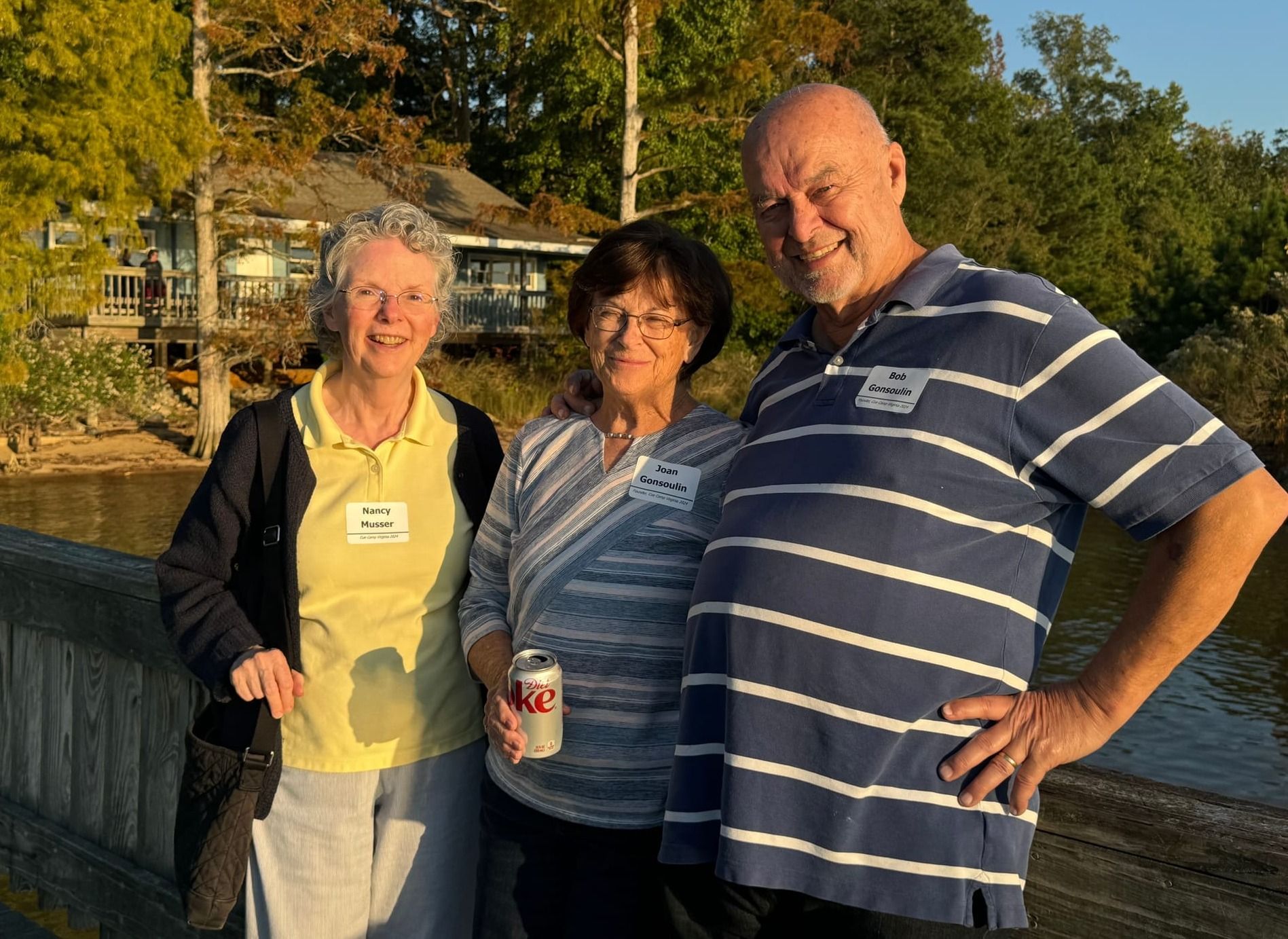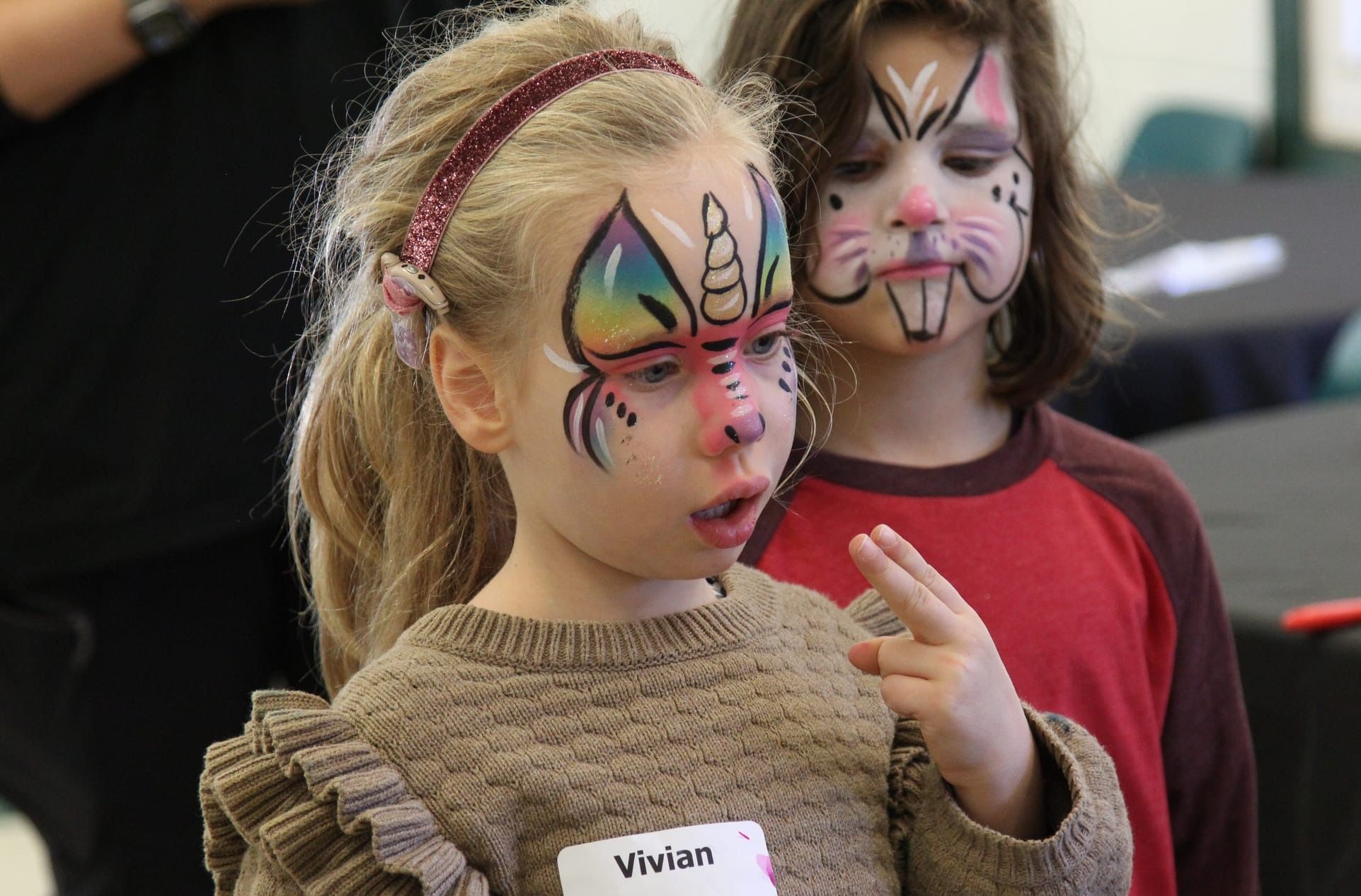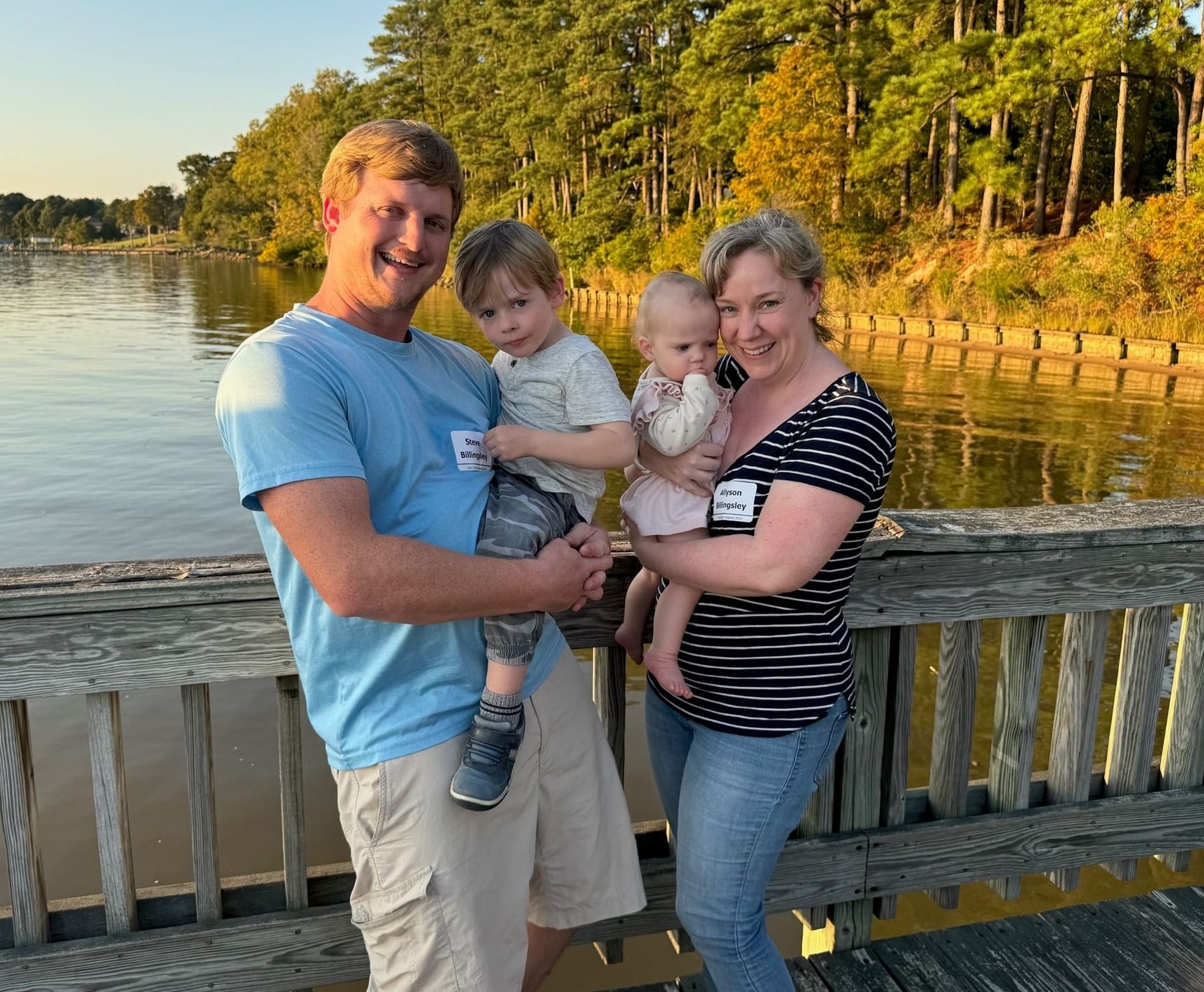Edit your Blog articles from the Pages tab by clicking the edit button.
Read MoreNorthern Virginia Cued Speech Association
NVCSA is an all-volunteer nonprofit organization providing Education, Advocacy, and Support for families and professionals using cued language with children who are deaf or hard-of-hearing. Cueing is a communication modality (recognized under the Individuals with Disabilities Education Act) offering unambiguous visual representation of all phonemes/sounds of spoken English and other languages. Adapted to over 65 languages/dialects, cueing enables families to model the language of the home, allowing acquisition of the phonemic awareness and language needed for kindergarten readiness, literacy, and academic success. Cued American English is used in our local school system.
NVCSA is an affiliate of the National Cued Speech Association (www.cuedspeech.org).
Camp Features
"Cuemmunity"
Meet and engage with families, professionals, and adult cuers in the beauty and tranquility of the Jamestown 4H Educational Center on the James River, VA.
Adult Classes
Beginner, Intermediate, and Advanced Cued Speech classes are available for adult cuers, as well as Cued Language Transliterator development.
Children's Programming
Covering the hours of Adult classes, children are grouped by age and led by a team of adults who cue and/or sign. Cue classes, 4H fun + lots more!
Lodging
Campers may elect rustic on-camp lodging (at nightly per-person cost), or choose other accommodations close to Historic Jamestown for easy camp access.
Activities
Family-friendly activities include canoeing on the James River, a campfire and marshmallow roast, a camp slide show and a dance with DJ.
Registration
Cue Camp Virginia is held on the Thursday through Sunday preceding Columbus Day (the second Monday in October). Registration opens in August.
Register for Cue Camp 2025 Here!
If you are signing up to be a camp participant and your family does not have a Full-Time Volunteer or Essential Staff member, this is the form for you! Registration is open to individual adults and to families with children. All children must be accompanied by a responsible adult. Choose an adult class at one of 3 levels, or participate in our unique CLT Development program with mentor feedback. Children learn cueing and enjoy language-rich experiences with cueing Group Leaders. RID credit is available for the Beginning Cued Speech class. Fairfax County Public Schools CLTs and SLIs may be eligible for grant funding of camp fees (not lodging fees). Click on the link below under "Description" to reach the General Registration Form.
Give back to the "cuemmunity" and enjoy social time with other cuers and friends old and new! Use this link to learn about the benefits of being a Full-TIme CCVA Volunteer. Click on the link below under "Description" to reach the Volunteer Registration Form.
Essential Staff: Instructors, workshop coordinators, CLTs/Interpreters, and specialty staff will receive email invitations to register. Qualified/certified ASL Interpreters, as well as Cued Language Transliterators participating as mentors for the CLT Development program may email nvcsa@yahoo.com to request a registration invitation.
Scroll down and select a form link below to learn more about each type of registration. See previous pages to learn more about the camp experience, or email nvcsa@yahoo.com with questions.
Cueing F.A.Q.
What is Cueing? ...What is Cued Speech? ...Are they the same as Cued American English?
When a Cued Speech system is applied to a language that is typically spoken, it becomes cued language. In the United States, Cued American English (CAE) is used by many families and school systems. CAE uses combinations of 8 consonant handshapes in 4 vowel placements to represent 40 different phonemes (sounds) used in spoken English. Cueing is accomplished in consonant-vowel pairs (a consonant handshape cued at a vowel placement) allowing users to cue continuous speech at the rate that they speak.
Cueing is the mode of communication that takes place when cued language is expressed. Cueing is recognized under the Americans with Disabilities Act, the Individuals with Disabilities Education Act, and the Virginia Guide for Teachers of Students who are Deaf or Hard of Hearing. Cueing can be used alone, or in a language development program that includes other modes of communication such as speaking and signing.
How long does it take to learn to cue?
The entire Cued American English system is taught in 12-16 classroom hours. Classes are offered virtually and in-person at workshops and camps.
Accuracy is the most important element of cueing. Slow, accurate cueing allows your child/student to learn to read your cues and attach meaning to them. As you become more confident (through practice), you can build speed to develop greater fluency.
Intermediate and advanced level classes are available to reinforce developing skills and to prepare people to become Cued Language Transliterators.
Do children need some hearing in order to benefit from cueing?
Cueing can benefit children with hearing at all levels. (Even children with small degrees of hearing loss can miss small parts of words that are essential to meaning.) The benefit children receive from cueing correlates directly to the amount of consistent cueing they receive at home and/or at school.
What are some benefits of cueing with your child?
2. Early and consistent access to complete language enables language acquisition at the rate of typically-hearing peers, providing the language base needed for literacy and the opportunity for full kindergarten readiness.
3. For families that use a signed language at home, cueing offers complete access to the traditionally-spoken languages that are required to be written and read in school. (American Sign Language does not have a written form. Additionally, it was developed by French speakers and its word order and grammar are not parallel to English.) Using cueing to teach English keeps the two languages separate and intact, allowing access to both complete, correct languages.
4. Use of Cued American English in school (either through direct instruction or via a Cued Language Transliterator) provides verbatim access to the language of the teacher, the curriculum, the books that are read, and the standardized tests that measure comprehension and eventually provide entry to college or other institutions.
5. Cueing pairs well with cochlear implants and other hearing technology. It can help a child to place the sounds of various phonemes on an internal language map, labeling sounds and facilitating their recognition through audition alone.
6. Cueing is a great resource for the times that a child is not using technology (bed, bath, water sports, etc.). It is also a seamless fallback for times when batteries die or technology fails.
7. Cueing can help with fine-tuning speech production by labeling target sounds and identifying sounds that are actually produced.
8. Because cueing is phonemically based, it allows access to the phonemes of other languages. Users of Cued American English can learn the same foreign languages as their hearing peers (with the same American accents!).
How does cueing support educators?
2. Early and consistent preschool access to complete language through cueing enables language acquisition at the rate of typically-hearing peers, providing the language base needed for literacy and the opportunity for full kindergarten readiness.
3. Use of Cued American English in school (either through direct instruction or via a Cued Language Transliterator) provides verbatim access to the language of the teacher, the vocabulary of curriculum, the books that are read, and the standardized tests that measure academic success.
4. Cueing pairs well with cochlear implants and other hearing technology. It can help a child to place the sounds of various phonemes on an internal language map, labeling sounds and facilitating their recognition through audition alone, if that is a goal.
5. Cueing is a seamless fallback for technology failures such as as dead batteries, lost or broken components, or poor listening environments. It ensures equal access for orally administered test instructions or evaluations such as spelling tests.
6. Cueing can help with fine-tuning speech production by labeling target sounds and identifying sounds that are actually produced.
7. Because cueing is phonemically based, it allows access to the phonemes of other languages. Users of Cued American English can learn the same foreign languages as their hearing peers (with the same American accents!).
8. Cueing is not exclusive. It teams well with other communication modalities and can also provide visual phonemic redundancy for students with a wide range of language-learning challenges.
Contact Us
- Fairfax, VA, United States
- P.O. Box 2733 Fairfax, VA 22031-2733
